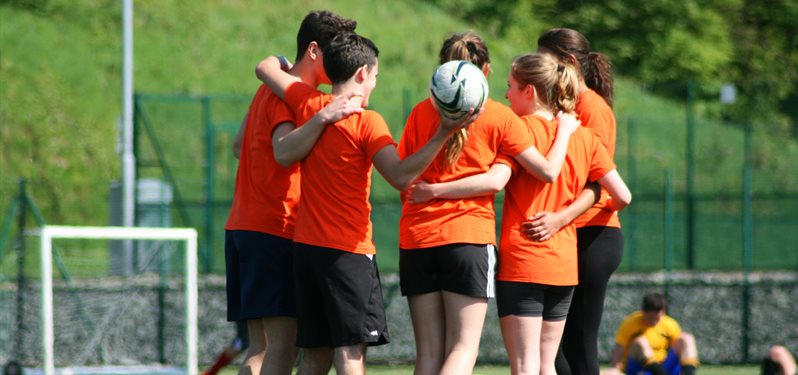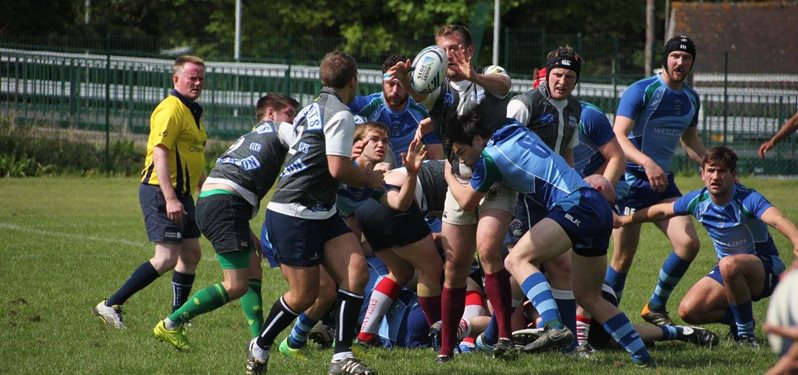BSMS student Elliot Barratt gives his top five tips for balancing study and sport as a medical student.
I finished sixth form with a dream of making a career in professional cycling, an ambition I still hold. However, after two years, I sorely missed the stimulation of education and revisited my calling of medicine. As I write this, it is almost 12 months since I left my life as a full-time athlete; I have successfully navigated first year and have had my best ever race season. So, to start, yes, it is possible to balance medicine and elite sport. However, admittedly, it has been the most challenging year of my life. No one can fully prepare you for living alone, starting medicine and training, all with the added complication of Covid-19. The good news for you, a future medical student, is that there seems to be light at the end of the tunnel with normal life beginning to resume. In this article, I will share my five top tips for balancing sport and study. Further, I will highlight the fantastic support network available to you as a potential sports scholar.

1. Prioritise your sleep and quality relaxation
Medicine and elite cycling are two highly time-consuming professions; each week I train between eight and 23 hours on the bike and do two hours of strength and conditioning. Medicine demands 20 to 25 hours including personal study and assignments. The age-old saying goes ‘you can only train as hard as you can recover’, funnily enough, the same applies to studying. Make a plan for your week and pencil in an afternoon or day, where you can do something completely different – for me this was going to the beach for a cold dip, painting or my famous dinner night (BSMS’s answer to Come Dine with Me). Sleep is just as important; you would think after two years as a full-time athlete I would have grasped the paramount importance of a good night’s sleep. However, at the start of last year, after two weeks of getting the balance wrong, I found myself empty. You have got a battery -- study, training and life will leave that battery on 5% by the time you go to sleep; without a good 8 hours you will not have 100% by morning. That is when you hit sleep overdraft and unfortunately, if you keep spending, you’ll break. So, be proactive; if you have a late night coming up, lighten the load for the next few days, play the long game.
2. Use the mentoring/ counselling facilities before you need them!
I was fortunate to receive a sports scholarship from the University of Sussex – you can apply to either the University of Sussex or Brighton. Beyond funding, it includes mentoring and access to facilities. I was mentored by Terry, a truly selfless individual who would give up hours of his day to set me straight and clear my objectives for the coming term. Additionally, I was awarded a funded place on the True Athlete Project (TAP), this incredible charity matches young athletes with ex-Olympians, Paralympians and highly-regarded sports professionals. I was matched with Alex Partridge, a former rowing world champion and Olympic medallist. You may find yourself feeling dissociated from the student life, with your reduced capacity to socialise, especially if you are not competing in a team sport. This is one of the tough aspects of being a sports scholar, but I can guarantee there are people to talk to. Alex and Terry were always there for me when I needed them, whether it be the hours before a race or a tough day during term.

3. Find the fun in your sport and enjoy everything university has to offer
This is a simple one, your sport will not be the same when you are at university, you may not have your usual training partners and your support network may have been disrupted or changed (often for the better). This really tests your ‘why’, even for the strongest willed athletes. I was given the advice to rekindle the love with my sport by Alex (my TAP mentor). I ventured up into the Surrey hills (roughly seven hours return) and I started a university cycling club with a good friend, and fellow medical student, Josh. I rediscovered why I started cycling, the freedom to adventure and to spend time with friends; unsurprisingly, this reinvigorated my training. Even though you may feel overloaded, sometimes taking on a little more responsibility may be the key to you strengthening your purpose. The second part of this is that I ask you to give yourself permission to enjoy university. Go on a couple of nights out with friends – you don’t have to drink to have a good time. Talk to your coach (if you have one) and explore the possibilities of cross-training. I found bouldering to be a great replacement for my strength and conditioning during the winter months.
4. Learn to prioritise but also trust that your work capacity will improve
The crux of this tip is understanding the ebb and flow of your priorities; sometimes study will take the lead position and sometimes your sport will, it is up to you to decide when. For example, it is key to plan ahead for exam periods. During the two weeks preceding, I would do maintenance sessions as I did not have the time or adaptive energy for developmental training. However, the silver lining was that during this rest period I could soak up all the productive training I had done during term time. As always, planning is the key here and becoming comfortable with allowing your sport to take the back seat sometimes! The follow up to this is that as you become used to the demands of studying, your work capacity will increase. Simply, you will be able to do more with increased efficiency, putting less pressure on your prioritisation skills!
5. Find the connections between medicine and your sport
I hope to specialise in orthopaedics and sports medicine after I qualify. Year one provided the opportunity to start exploring this pathway. For example, one of my Student Selected Components (SSCs) was ‘Physical Activity and the Skeleton: Reciprocal Interplay’. This illuminated valuable information surrounding the importance of resistance training for endurance cyclists like myself. This is one of many examples throughout the year where I could integrate my knowledge of sport with medicine. This truly excited and motivated me to study, even when my energies were low. So, wherever you can, utilise the knowledge and experience you have gained from your sport!
I hope you find my five top tips useful and best of luck to those of you applying to BSMS!
Bonus tip: Go to the beach!